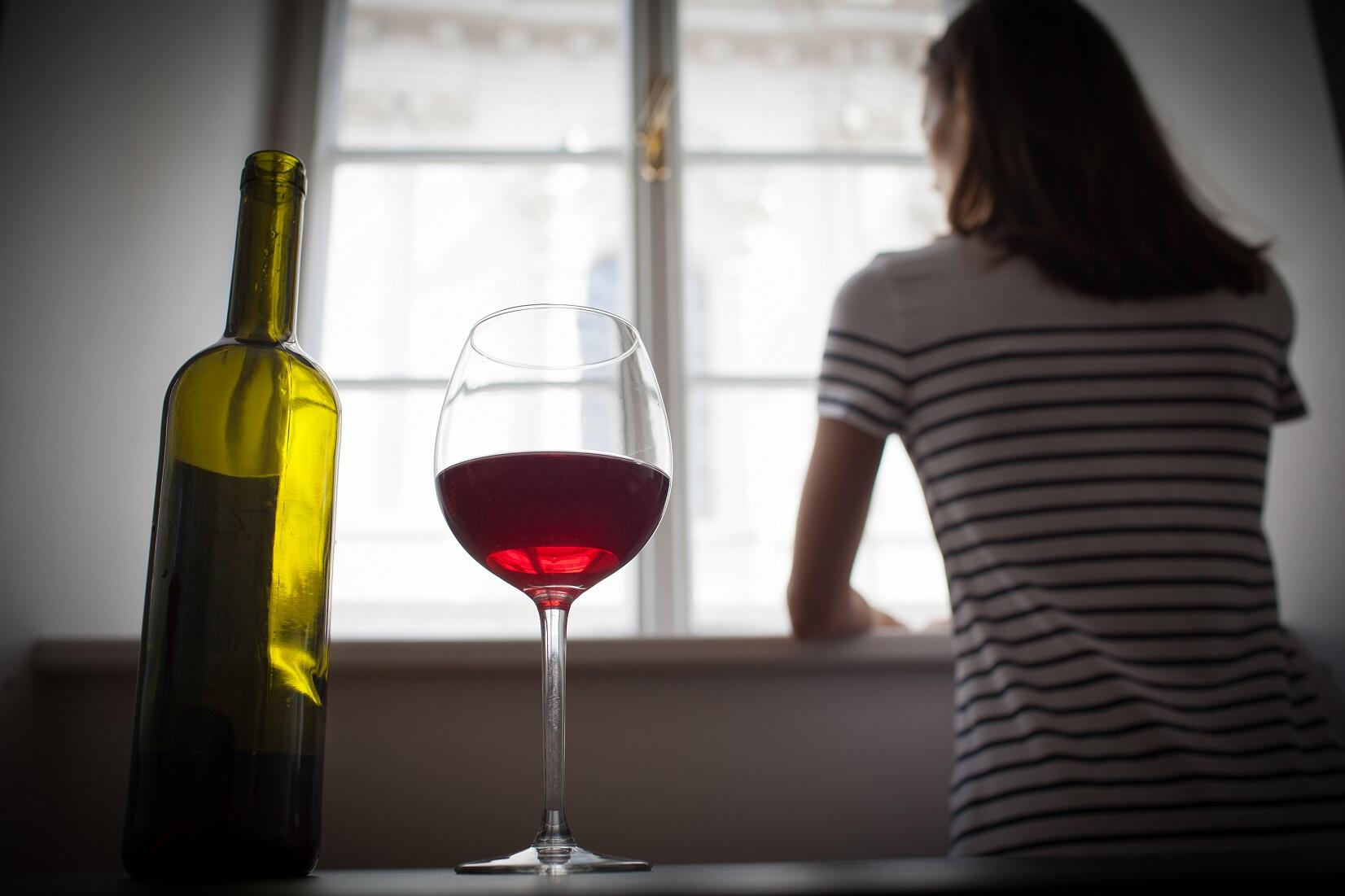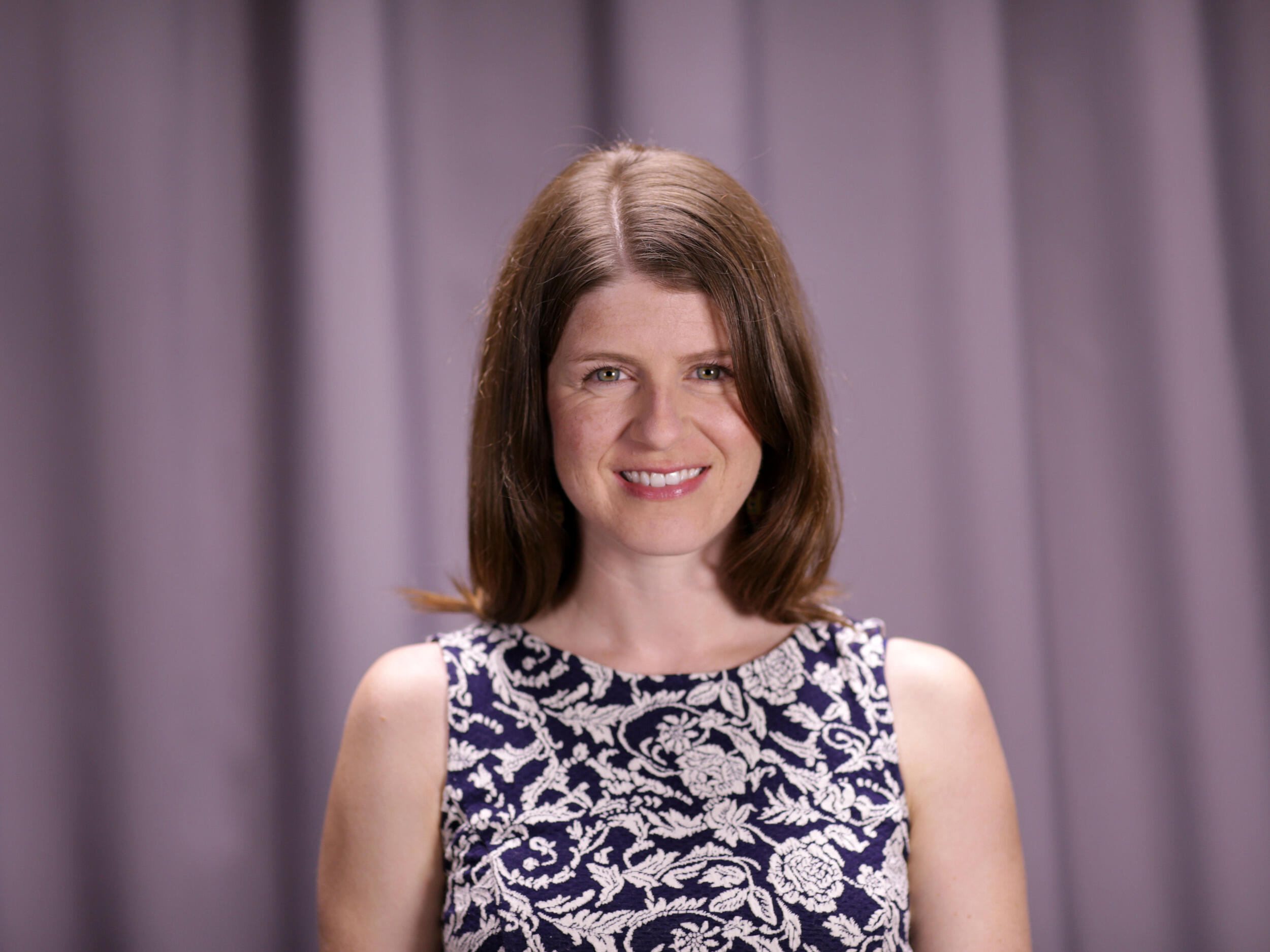June 26, 2019
Love and alcohol: Romantic relationships can influence genetic predispositions for alcohol problems
Share this story

How do the people we love shape our drinking? Researchers know that genetic and environmental factors influence alcohol outcomes such as abuse or dependence. However, romantic relationships can alter the impact of those genetic influences.
“Romantic relationships are known to be important correlates of alcohol problems,” said Jessica Salvatore, Ph.D., an assistant professor in the Department of Psychology in the College of Humanities and Sciences at Virginia Commonwealth University.
“People who are genetically predisposed to alcohol problems tend to select into or create romantic relationship environments that in turn increase their risk of developing significant alcohol problems,” she said. “However, genes are not destiny. Just because someone has a genetic predisposition for alcohol problems does not mean that they are destined to drink to excess. Genetics interact with the environment. And the environment — including whether and with whom one is romantically involved — plays an influential role. In fact, those who are genetically predisposed to alcohol problems actually benefit the most from involvement in a romantic relationship with a partner without an alcohol problem.”

Salvatore, a developmental psychologist by training, has long been interested in the idea that positive romantic relationship experiences can serve as turning points in individuals’ lives. Her research has found that children of problem drinkers are more likely to marry someone with a drinking problem and also includes investigations into the genetic and environmental factors that influence alcohol use disorder and divorce. She will discuss her work June 26 at the scientific meeting of the Research Society on Alcoholism in Minneapolis.
“I tackle questions like, ‘Does risk for alcohol problems influence the likelihood of having a bad relationship?’ and ‘Who benefits most from involvement in a good relationship?’” Salvatore said. “My goal is to understand the complex pathways through which genes and romantic relationship experiences influence alcohol misuse.
“For example, individuals with alcohol use disorders are less likely to get married and more likely to experience divorce compared to those without AUDs. Likewise, individuals with AUDs often find their romantic relationships to be less satisfying and more conflictual compared to individuals without AUDs.”
Salvatore noted that excessive alcohol use has huge public health costs — more than $240 billion per year — and personal costs for affected individuals and their families.
“One of the big takeaways from my work is that investing in relationships is probably one of the highest impact ways that we can reduce risk for alcohol problems,” she said. “This is no small task. Yet, teeing people up to be able to form stable and satisfying romantic relationships can have a huge payoff in terms of reduced public health costs, not to mention a happier population.”
Subscribe to VCU News
Subscribe to VCU News at newsletter.vcu.edu and receive a selection of stories, videos, photos, news clips and event listings in your inbox.












